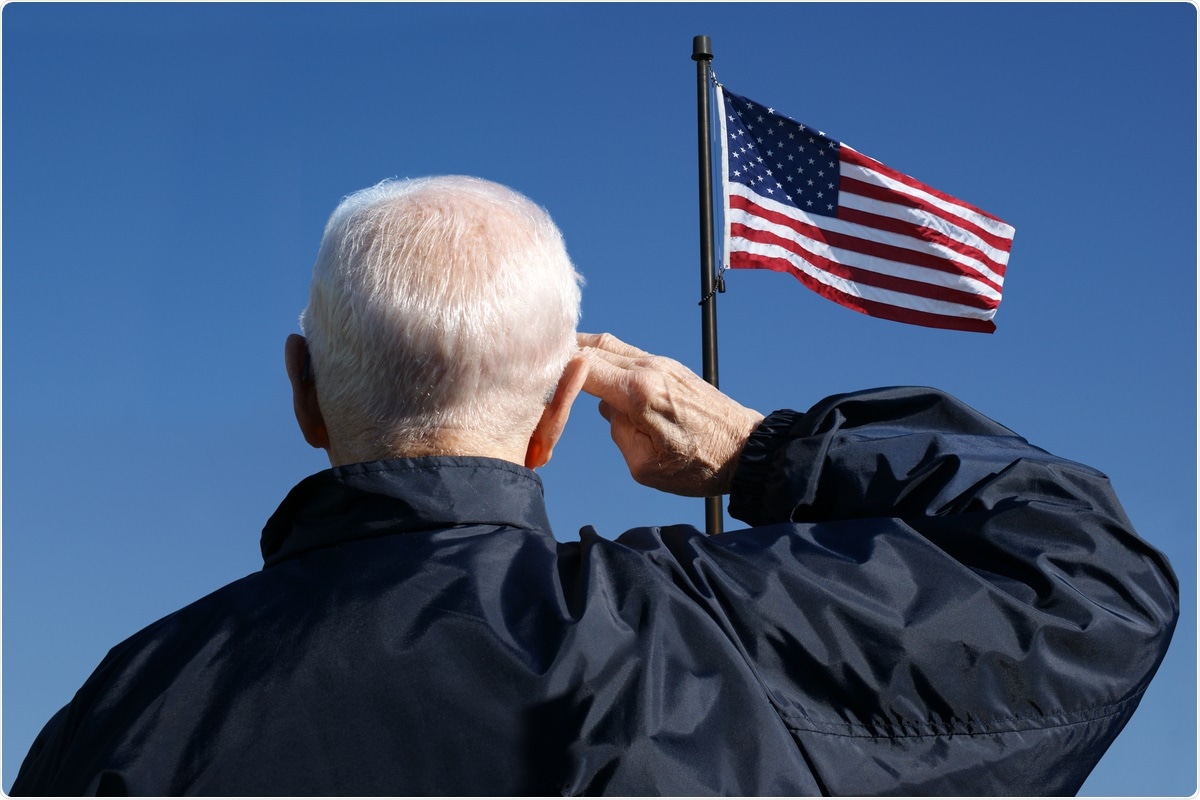Coronavirus disease 2019 (COVID-19) spread worldwide in 2019, throwing many countries into economic crises as they attempted to control the spread of the disease with lockdowns, social distancing, and other restrictions. Mass vaccination schemes have begun to help bring the disease under control, but with variants of concern on the rise, worries for the elderly and immunocompromised have returned.
 Study: Coverage and Estimated Effectiveness of mRNA COVID-19 Vaccines Among US Veterans. Image Credit: Stockagogo Photos/ Shutterstock
Study: Coverage and Estimated Effectiveness of mRNA COVID-19 Vaccines Among US Veterans. Image Credit: Stockagogo Photos/ Shutterstock
Some of the COVID-19 vaccines are mRNA vaccines. Traditionally, vaccines are made from inactivated/attenuated forms of the virus that allow the immune system to recognize viral surface proteins with little threat. However, suppose the inactivated virus reactivates, or an attenuated strain picks up new traits through horizontal gene transfer. In that case, the virus can again become a threat.
mRNA vaccines avoid this issue - they use the host's cell machinery to transcribe an mRNA strand encoding a viral surface protein. In the case of severe acute respiratory syndrome coronavirus 2 (SARS-CoV-2), this is usually the receptor-binding domain (RBD) of the S1 subunit of the spike protein.
This is the usual target because the spike protein is responsible for a large portion of SARS-CoV-2 pathogenicity. The RBD binds to angiotensin-converting enzyme 2 (ACE2) to allow viral cell entry, and the N-terminal domain of the S2 subunit is responsible for cell fusion.
Producing immunity this way avoids the risks of traditional vaccines. Still, there have been no large-scale studies into the effectiveness of mRNA vaccines in heterogenous elderly populations with high comorbidity. Researchers from the U.S. Veterans Affairs have examined the U.S. effort to vaccinate its Veteran population to investigate further.
The study
Vaccination coverage was defined by at least one shot administered at a Veterans Affairs Hospital between December 2020 and March 2021. Only individuals 18 years or older within the state of Washington DC were eligible. Study participants were taken from veterans who presented for PCR testing at the hospital. Those who tested positive were excluded. Vaccination status was taken from hospital records.
Standardized mean differences were used to describe differences between controls and cases of interest, and conditional logistic regression was used to calculate odds ratios for the association between vaccine status and positive SARS-CoV-2 testing. Participants were separated into three categories - those who had received one dose, two doses, and no doses. Other factors considered were age, ethnicity, and geographic location (i.e., rural vs. urban).
In total, nearly seven million individuals were included in the study, with roughly half of them veterans. 20% of the veterans had received at least one dose, rising to 32% among veterans over 65 and 40% among veterans in nursing homes. 19% of homeless veterans had received at least one dose - surprisingly high, given the low rate of preventative medical care available for homeless in the U.S. Coverage was significantly lower for Hispanic and Black individuals than white individuals. This is supported by previous studies showing rising vaccine hesitancy in these groups.
In terms of effectiveness for those veterans who had been vaccinated, the study found very promising results. In veterans who had been fully vaccinated, the effectiveness was shown to be 95%, while partially vaccinated individuals were 64% protected. While the protection was lower for immunocompromised (87%), these results are higher than many similar studies on vaccine protection in immunocompromised individuals. Other investigated Co-factors showed little difference in vaccine efficiency.
Conclusion
The authors highlight that these results are similar to the findings of previous studies, and the high levels of vaccine efficiency further emphasize the need to spread vaccine coverage as far as possible.
They also draw attention to the differences in vaccine coverage for different racial groups, specifically the lower coverage for Black and Hispanic individuals. As COVID-19 is known to disproportionately affect these groups, this is vital information for public health policymakers, as rising cases could lead to unfortunate consequences for these groups.
However, the researchers also point to the program's success designed to vaccinate Veterans, with the vaccination rate among Veterans slightly higher than that of the general U.S. population - although this does differ significantly from state to state.
Journal reference:
- Young-Xu Y, Korves C, Roberts J, et al. Coverage and Estimated Effectiveness of mRNA COVID-19 Vaccines Among U.S. Veterans. JAMA Netw Open. 2021;4(10):e2128391. doi:10.1001/jamanetworkopen.2021.28391